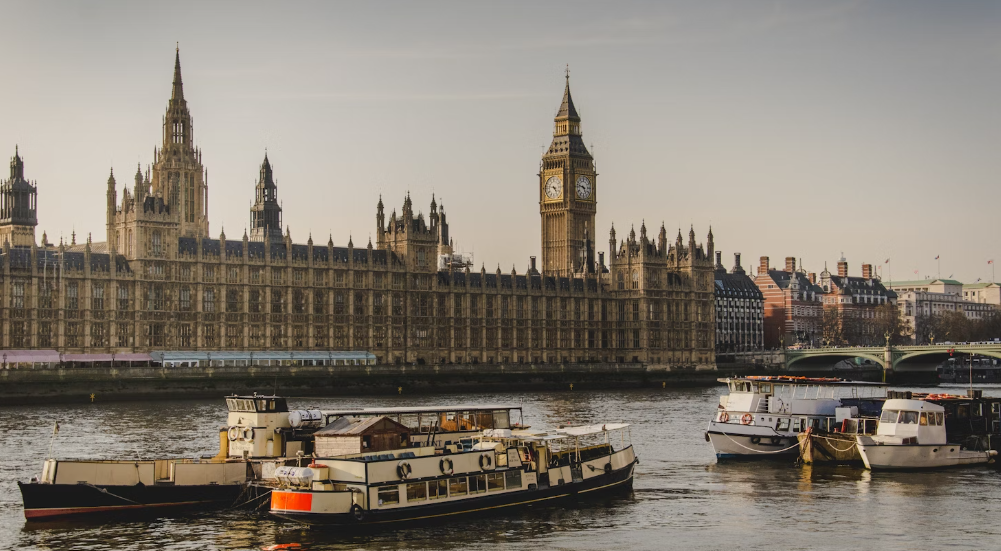Major labels rally against UK government’s AI copyright proposal
Universal, Sony, and Warner push back against plans to weaken copyright laws for AI companies, warning of consequences for the music industry.
Music industry unites to protect copyright from AI threats
Senior figures from the UK’s entertainment industry, spanning across music, media, and film, have backed a Daily Mail campaign opposing the UK government’s proposal to relax copyright laws for artificial intelligence (AI). Major label bosses from Universal Music Group (UMG), Sony Music, and Warner Music Group (WMG) have publicly voiced their concerns about the proposal which would allow AI companies to exploit copyrighted materials without consequence.
The campaign, spearheaded by the Daily Mail, urges the UK’s Labour government to rethink its stance and prioritise the rights of artists, songwriters, and publishers. The timing is critical, as the government’s consultation period on the proposed changes nears its conclusion.
The UK Government’s controversial AI plans
In January, the UK government presented its ‘AI Opportunities Plan’ aiming to position the country as a leader in AI innovation. A key element of this plan is a shift in copyright law, which would enable AI companies to train their models on copyrighted content unless rights holders expressly opt out.
The proposal has alarmed music industry leaders, who argue that it prioritises corporate interests of tech companies, who are largely based in the US, at the expense of UK musicians. With the government eager to attract investment from AI companies to the UK, the lack of economic impact assessment has also raised concerns among critics.
“The Government hasn’t even done an economic assessment of its plan; who is telling it this is the best way to kick-start growth in the UK? True, artists could reserve their rights, but why should they carry all the burden of defending their work against exploitation by AI?”
Viscount Rothermore, Chairman of Daily Mail and General Trust
Industry backlash against the plans
The backlash against the proposal has been swift. The House of Lords responded by voting in favour of amendments to the Data (Use and Access) Bill, reinforcing copyright protections that would require AI companies to obtain permission before using copyrighted materials in its training processes.
High-profile artists including Paul McCartney and Elton John, have also voiced their concerns. They warn that such plans could stifle creativity, making it harder for musicians to sustain their careers, and put the UK’s status as a global leader in music at serious risk.
More recently, over 1,000 artists- including Kate Bush, Damon Albarn, and Annie Lennox- protested by releasing a silent album titled Is This What We Want?. The album consists of recordings of empty studios and performance spaces, symbolising the potential impact of the government’s proposal on musicians’ livelihoods.
The 12 track title aims to send a strong message: “The British government must not legalise music theft to benefit AI companies.”
Major labels join the fight
Now, the world’s biggest record labels have entered the battle against AI copyright exploitation. WMG CEO Robert Kyncl has called the proposal “very detrimental” to the industry, while UK Music Chief Executive Tom Kiehl warns it would deliver a “devastating blow” to an industry that contributes £7.6 billion to the UK economy and supports 216,000 jobs.
The proposal would “undermine the ability of artists and songwriters… to monetize and control their creative works and earn a living from their creativity.”
Robert Kyncl, WMG CEO
The Association of Independent Music (AIM) also weighed in, emphasising that while the industry can embrace AI advancements, they cannot do so at the expense of musicians’ rights.
“The UK’s independent music businesses are innovative, tech-friendly early adopters who are excited about where AI can help them, but not at the expense of musicians’ abilities to make a living.”
Gee Davy, AIM Chief Executive
Looking ahead
As the government’s consultation period draws to a close, the music industry’s collective pushback marks a significant moment in the fight to safeguard creative rights. The outcome of this debate will likely have ripple effects beyond the UK, as other nations consider how to regulate AI’s use of copyrighted material.
For now, the industry waits to see whether the government will heed the calls to protect the creative industries, or if AI companies will gain the upper hand in the battle over intellectual property rights.
